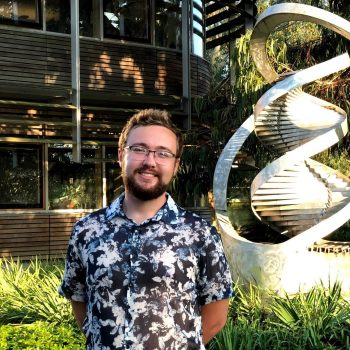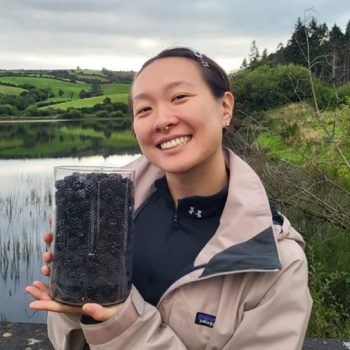Previous research suggests that trees can carry out increased levels of photosynthesis under elevated CO2, but growth cannot increase indefinitely due to other limiting factors such as nutrient availability. This project will focus on a tree’s ability to combat this by allocating extra carbon belowground by increasing root growth, exudation, and microbial activity to explore and obtain more nutrients and water. The research for this project will be carried out at the Birmingham Institute of Forest Research Free Air Carbon Enrichment experiment (BIFoR FACE) , in collaboration with Forest Research and the Met Office. Root production will be measured through the collection of images using a minirhizotron camera, a non-destructive root investigation technique, which will then be vectored and converted to rates of root production. This methodology will be used alongside more traditional methods of root extraction and examination using soil cores. Data on root production will then be considered alongside other relevant carbon storage data collected in the previous years of the BIFoR experiment, such as leaf area, to further understand where trees will allocate extra carbon under elevated CO2 and provide vital information to understand the future of the global carbon sink.







